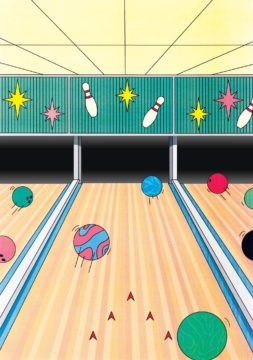Anton Jager in Jacobin:
 Last year, the Survey Center on American Life published a study tracking friendship patterns in the United States. The report was anything but heartening. Registering a “friendship recession,” the report noted how Americans were increasingly lonely and isolated: 12 percent of them now say they do not have close friendships, compared to 3 percent in 1990, and almost 50 percent said they lost contact with friends during the COVID-19 pandemic. The psychosomatic fallout was dire: heart disease, sleep disruptions, increased risk of Alzheimer’s. The friendship recession has had potentially lethal effects.
Last year, the Survey Center on American Life published a study tracking friendship patterns in the United States. The report was anything but heartening. Registering a “friendship recession,” the report noted how Americans were increasingly lonely and isolated: 12 percent of them now say they do not have close friendships, compared to 3 percent in 1990, and almost 50 percent said they lost contact with friends during the COVID-19 pandemic. The psychosomatic fallout was dire: heart disease, sleep disruptions, increased risk of Alzheimer’s. The friendship recession has had potentially lethal effects.
The center’s study offered a miniaturized model of a much broader process that has overtaken countries beyond the United States in the last thirty years. As the quintessential voluntary association, friendship circles stand in for other institutions in our collective life — unions, parties, clubs. In his memoirs, French philosopher Jean-Claude Michéa said that one of the most disconcerting moments of his childhood was the day he discovered that there were people in the village who were not members of the Communist Party. “That seemed unimaginable,” he recalled, as if those people “lived outside of society.” Not coincidentally, in May 1968, French students sometimes compared the relationship of workers to the Communist Party with that of Christians to the church. The Christians yearned for God, and the workers for revolution. Instead, “the Christians got the church, and the working class got the party.”
More here.
